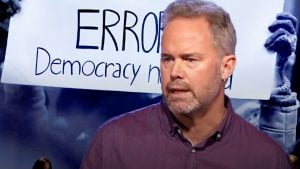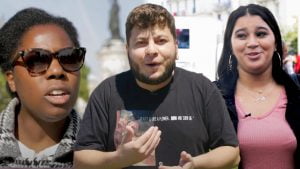
Introduction
Public trust in governments is near historic lows, as confidence plummets and belief in institutions’ basic fairness and functions erodes each day. How can we restore trust? Or should we not? Should we move trust to new social initiatives and technologies instead of the old formal bodies of government?
Loss Of Trust
Framing the debate
Demands vary from country to country, but across the world people are fed up with governments’ failure to provide and protect basic rights — and with soaring inequality and anti-democratic systems.
The most familiar proposal comes from Prince Zeid Ra’ad al-Hussein, a diplomat and former United Nations High Commissioner for Human Rights. He says we must repair trust by improving the quality of leadership, especially among young people. Brett Hennig, co-founder of the Sortition Foundation and author of The End of Politicians: Time for a Real Democracy, argues for “citizens’ assemblies,” groups of randomly selected citizens who reflect their communities’ diversity and make decisions in place of elected politicians. The final speaker, Toni Lane Casserly, argues for blockchain technologies and rallied for a movement that transforms governments into networks of communities beyond borders, arguing that we should give up on conventional governments and create transnational, decentralized systems.















